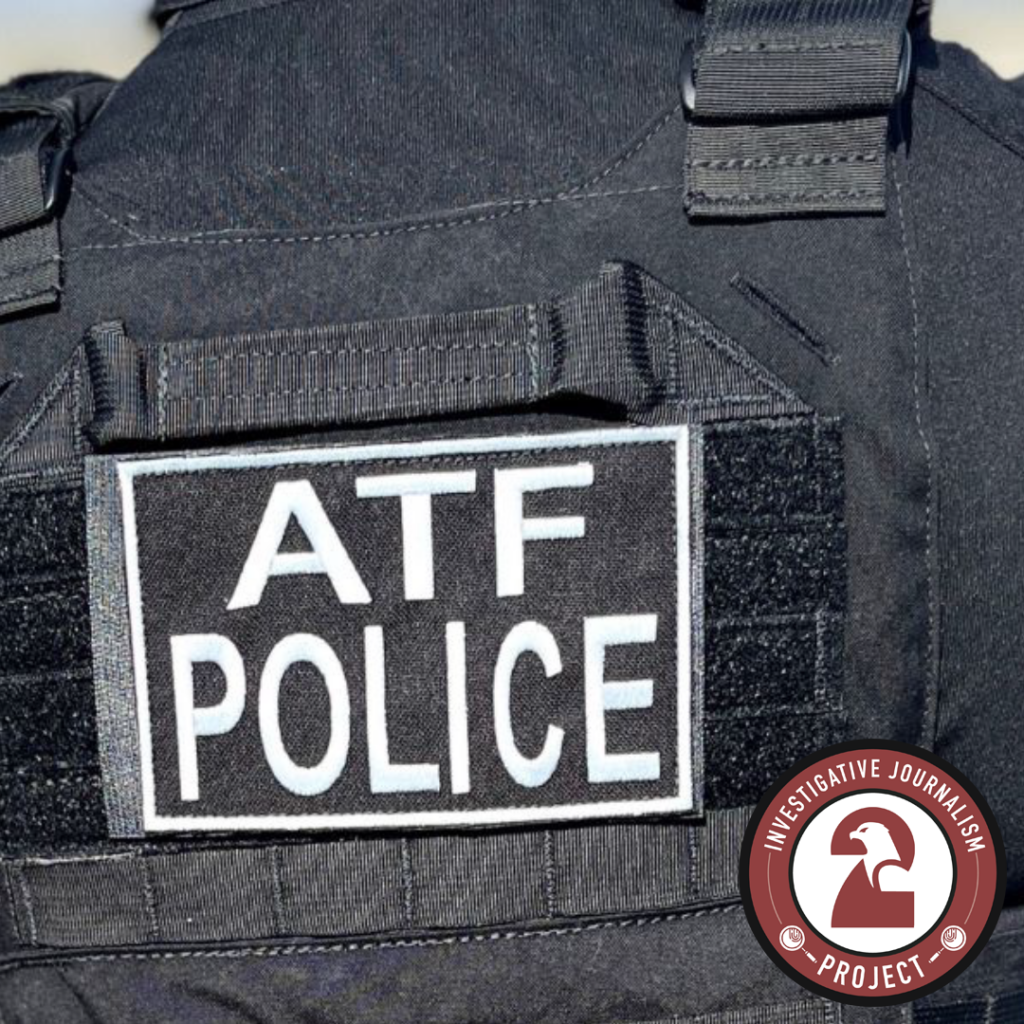by Lee Williams
The Bureau of Alcohol, Tobacco, Firearms and Explosives will set a record this year. ATF agents have already put more gun dealers out of business than ever before, and there are still two months left.
The ATF does not make it easy to track its progress in Joe Biden’s war against American gun owners and gun dealers, which is by design of course. ATF’s data is sloppy and sometimes contradictory. Updates are not published in a timely manner. Also, the number of Federal Firearm License revocations does not tell the whole story. ATF has started using fear, threats and intimidation to coerce dealers into “voluntarily” surrendering their licenses. These numbers are not reflected by ATF’s Federal Firearm License revocation data.
However, using two or three data sets and a bit of common sense, it is possible to analyze ATF’s annual enforcement efforts. The results prove beyond any doubt that the ATF has been weaponized by the Biden-Harris administration.
- There were 29 FFL revocations and “voluntary” surrenders during the last six months of 2021.
- There were 157 FFL revocations and “voluntary” surrenders during all of 2022.
- There were 292 FFL revocations and “voluntary surrenders during the first six months of 2023.
- Therefore, based on the data and the massive uptick in ATF enforcement actions, there will likely be more than 600 FFL revocations and “voluntary” surrenders by the end of 2023.
How it began
On June 23, 2021, Biden and Attorney General Merrick Garland announced a new zero-tolerance policy aimed at “rogue gun dealers.”
The duo identified five criteria that would result in immediate revocation of a Federal Firearm License:
- Refusal to allow an (ATF) IOI to conduct an inspection
- Transferring a firearm to a prohibited person
- Failing to conduct a required background check
- Falsifying records
- Failing to respond to a trace request
But these types of serious violations are rare among the country’s licensed firearm dealers. The ATF was unable to produce the numbers of revocations needed to appease the White House. As a result, the agency was forced to target law-abiding gun dealers for the most trivial of clerical errors, citing this disclaimer from its Enhanced Regulatory Policy:
“Pursuant to the GCA, ATF’s authority to revoke a license is limited to when the record shows that an FFL willfully committed at least one violation of the GCA or its regulations, including but not limited to, the above list.”
What started as a zero-tolerance policy for the five major transgressions became a zero-tolerance policy for human error, and every gun dealer was put at risk of losing their livelihood.
ATF’s newest weapon
For the ATF, the FFL revocation process can be lengthy and somewhat risky, since occasionally a gun dealer can win. ATF agents quickly learned that it was much easier and less time-consuming to intimidate a dealer into “voluntarily” surrendering their license. Unfortunately, this has become the new norm.
A story published in July chronicled the plight of Russell Fincher, a high school history teacher, Baptist minister and part-time gun dealer living in rural Oklahoma.
ATF agents yelled, threatened and handcuffed the cooperative Fincher in front of his 13-year-old son. This was the first recorded instance where ATF agents hinted at the possibility of federal criminal charges in order to coerce a gun dealer in surrendering their license. It was clearly all by design. When Fincher had enough and finally offered to surrender his license, one of the agents pulled the required form from a clipboard, along with two extra copies.
To date, Fincher has never been charged with a crime, and his state representative has called for an Oklahoma grand jury to investigate whether the ATF agents’ actions violated state laws.
What the future holds
There were 52,910 federally licensed gun dealers last year, according to the ATF. There were also 52,814 Curio & Relic (C&R) licensees.
A C&R license makes it easier for hobbyists and collectors to purchase eligible firearms – usually those at least 50 years old or named on an approved list maintained by the ATF. A C&R licensee does not need to complete an ATF Form 4473 or pay transfer fees, and purchases can be shipped to their home.
A C&R license does not allow the licensee to “engage in the business” of selling firearms, and they must maintain a bound book of every purchase they have made using their C&R license.
More than a few experts have said that C&R licensees should immediately make sure their books are up to date and ready for an inspection.
While not wanting to induce mass paranoia, these experts stressed that a C&R license is a federal firearm license, of sorts, and subject to revocation like the traditional licenses issued to firearm dealers.
Until Congress takes action, these experts say, everyone licensed by the ATF should prepare for a knock on the door.


